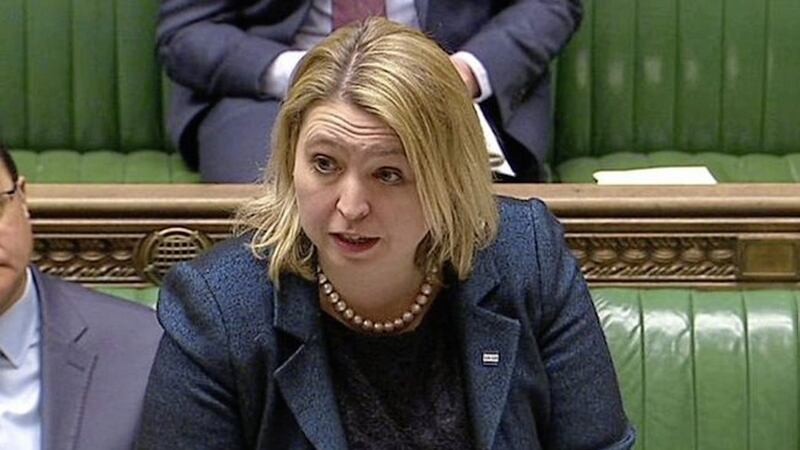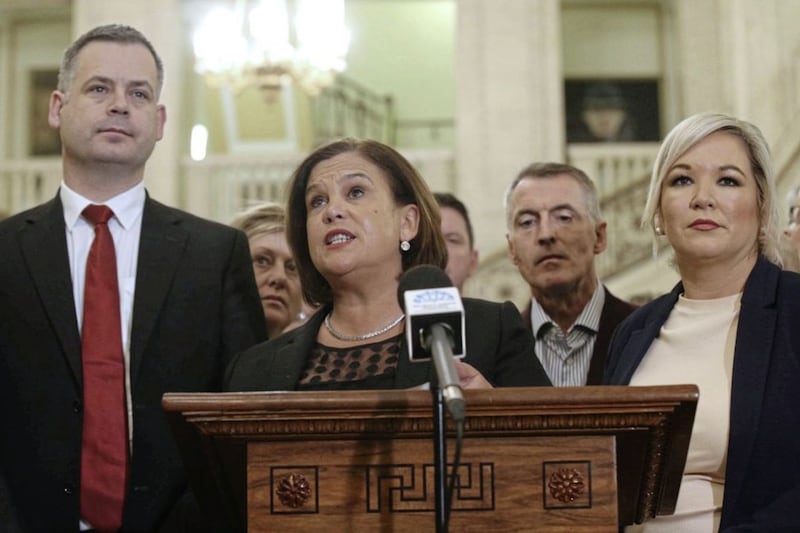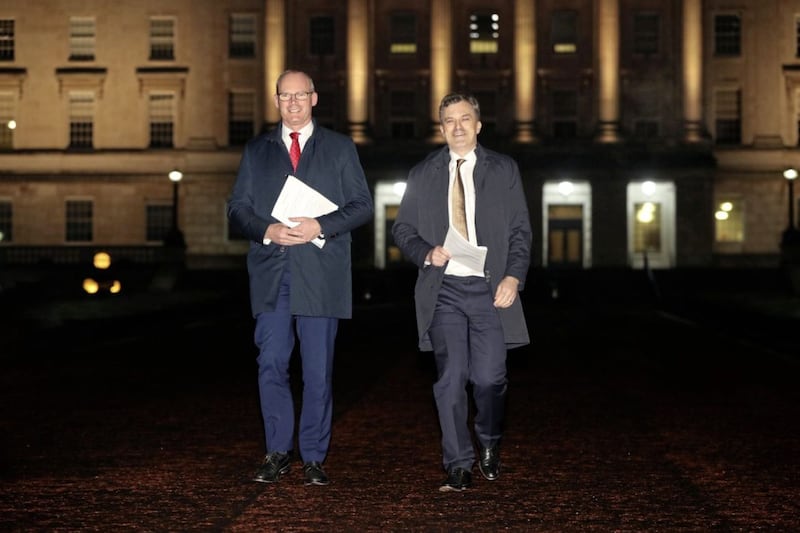THE British government plans to legislate for a Stormont budget shortly before Westminster rises for its Easter recess at the end of next month.
Earlier this week, Secretary of State Karen Bradley committed to provide spending clarity for Northern Ireland's public services following the collapse of the latest attempt by the DUP and Sinn Féin to strike a deal to restore devolved government.
However, the move will require legislation to be passed by MPs and peers and it is expected to be introduced to Westminster before the end of the financial year on April 5.
With Westminster due to begin its Easter break on March 29, the budget bill is expected to be laid before parliament over the previous days.
A Northern Ireland Office source indicated that in the absence of a Stormont administration, Mrs Bradley will resist DUP calls to impose direct rule and "do the absolute minimum at the last possible time" – suggesting she will bring forward the budget bill as the financial year comes to a close.
The source stressed that the "only lever" the secretary of state currently holds is the power to call an assembly election, as introducing direct rule also requires Westminster legislation.
Direct rule was last in place between 2002-2007 but since the signing of the St Andrews Agreement in 2006 it can only be implemented if the British government passes a law.
In recent weeks, both Sinn Féin and the SDLP have called for the British Irish Intergovernmental Conference (BIIGC) to be revived in the absence of devolution.
While the conference has not met since 2007, it does not require any fresh legislation and can be reconvened at any time with the agreement of the two governments.
However, neither Dublin or London has indicated that they have any immediate plans to call a BIIGC.








